Category: Political Science
-
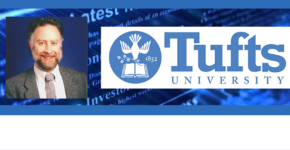
Ronald Pies, Tufts University – Alternative Facts: A Psychiatrist’s Guide
We’ve all heard about alternative facts by now. Ronald Pies, professor of psychiatry at Tufts University, explores how we can tell whether someone is lying or just stating a falsehood? I am a psychiatrist and ethicist affiliated with SUNY Upstate Medical University, Syracuse, NY; and Tufts University School of Medicine in Boston. I write on…
-

Aaron Knochel, Penn State University – Defunding the National Endowment For the Arts
Why is the National Endowment of the Arts on the chopping block? Aaron Knochel, assistant professor of art education at Penn State University, looks into this question. Dr. Aaron D. Knochel completed his doctorate in Art Education at the Ohio State University in 2011 focused on critical media literacy, software studies and art education. He…
-
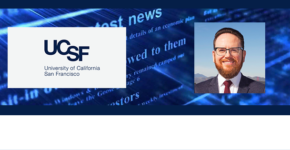
Daniel Orenstein, University of California San Francisco – American Health Care Act and Smoking
The recent health care bill was much talked about in the news. Daniel Orenstein, postdoctoral scholar at the University of California San Francisco, delves into a less-covered portion of this failed legislation that might have had big consequences. Daniel Orenstein is currently a Postdoctoral Fellow in the UCSF Center for Tobacco Control Research and Education…
-

Corey Brettschneider, Brown University – Travel Ban Legality
The travel ban has been a big topic in the news. Corey Brettschneider, professor of political science at Brown University, discusses whether the ban is legal. Corey Brettschneider is professor of political science at Brown University, where he teaches courses in constitutional law and political theory. He is currently also a visiting professor at the…
-
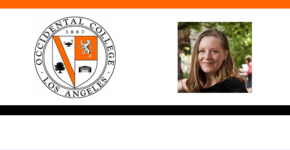
Lisa Wade, Occidental College – Mass Murder as a Form of Protest
Mass shootings continue to plague the country. Lisa Wade, associate professor of sociology at Occidental College, considers whether these tragedies are being used as a new form of protest. Prof. Wade’s research, found in highly-regarded academic journals, involves the relationship between social inequality and the body, especially as sexuality becomes a marker of difference and…
-

Amy Adamczyk, John Jay College of Criminal Justice – Public Opinions on Homosexuality
There are differing views on homosexuality across the globe. But why? Amy Adamczyk, professor of sociology at the John Jay College of Criminal Justice, delves into the reasons behind different people’s beliefs. Amy Adamczyk is Professor of Sociology at John Jay College of Criminal Justice and the Programs of Doctoral Study in Sociology and Criminal…
-
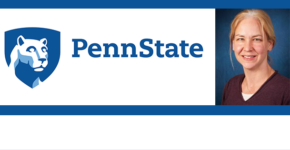
Jennifer Van Hook, Penn State University – Diversity in Rural America
Is racial diversity confined to big cities? Jennifer Van Hook, professor of sociology and demography at Penn State University, looks at the diversity of rural America and whether it is here to stay. I am interested in demography, immigrant integration, and health. One part of my work is to use demographic methods to estimate the…
-

Corey Brettschneider, Brown University – Constitutional Resistance
If the Supreme Court oversteps its bounds, who steps up to protect the rights of the citizens? Corey Brettschneider, Professor of Political Science at Brown University, looks into this question. Corey Brettschneider is professor of political science at Brown University, where he teaches courses in constitutional law and political theory. He is currently also a…
-

Matt Fotis, Albright College – Political Satire in the Age of Post-Truth
Are we entering a golden age of political satire? Matt Fotis, Assistant Professor and Co-Chair of the Theatre Department at Albright College, discusses this art form in the age of post-truth. Matt Fotis is an Assistant Professor and Co-Chair of the Theatre Department at Albright College where he teaches improvisation, acting, and writing for performance.…
-
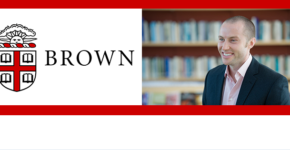
Rob Blair, Brown University – Trust in Government and Health
What exacerbated the Ebola crisis in Liberia? Rob Blair, Assistant Professor of Political Science and International and Public Affairs at Brown University, examines what trust in the government had to do with the spread of this deadly disease. Robert Blair is an Assistant Professor of Political Science and International and Public Affairs at Brown University.…
